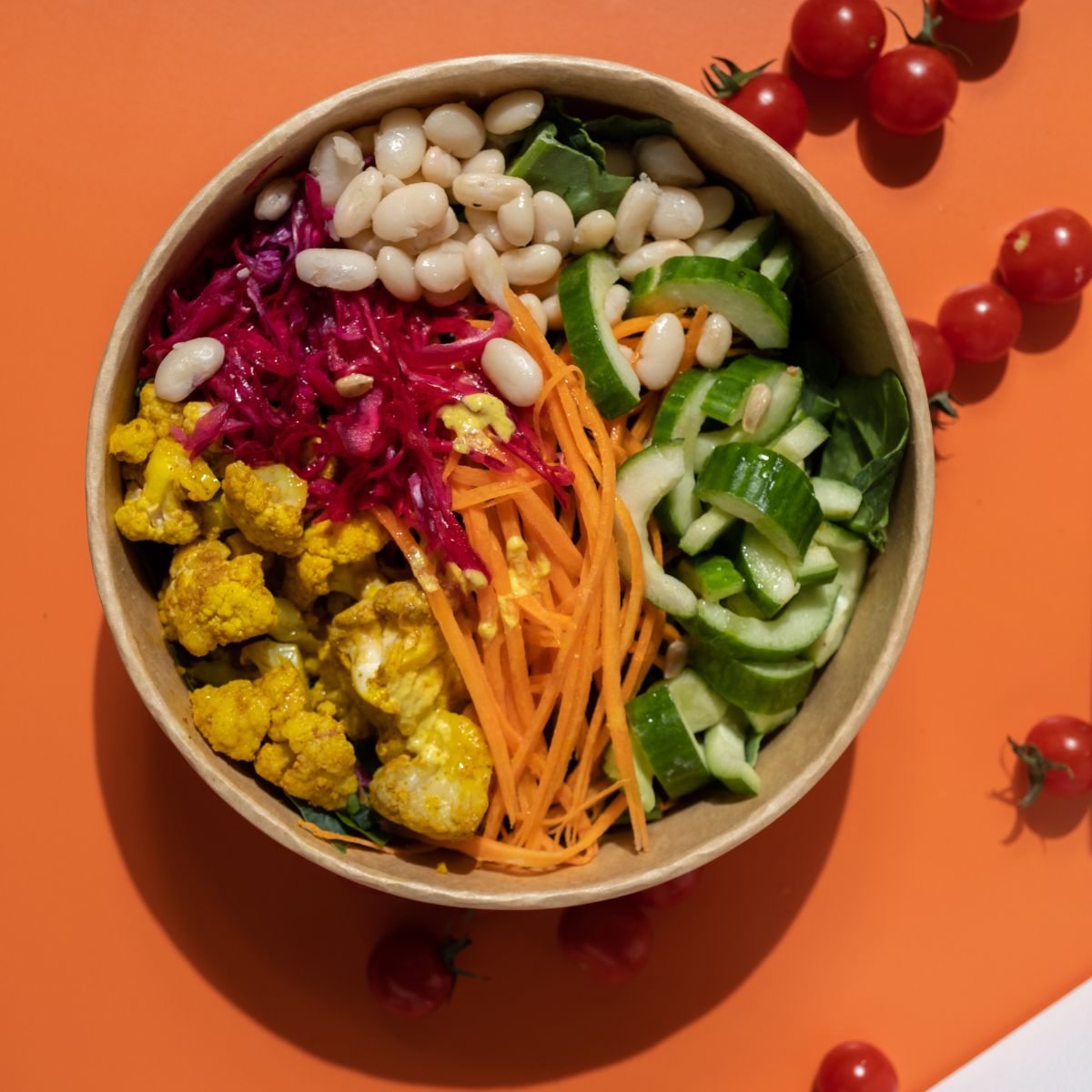
What if the secret to boundless energy, glowing skin, and a resilient immune system was as simple as changing what’s on your plate? Imagine a life where your food not only fills you up but fuels every cell in your body with powerful nutrients. By the end of this article, you’ll know exactly how to incorporate nutrient-dense foods into your daily meals to boost your energy, improve your health, and support overall wellness.
Why Nutrient-Dense Foods Matter
Nutrient-dense foods provide a high amount of vitamins, minerals, and other beneficial compounds relative to their calorie content. Unlike empty calories found in processed foods, nutrient-dense foods nourish your body at a cellular level, supporting everything from energy production to immune function.
Nutrient-dense foods and diverse diets are important for ensuring adequate nutrition across the course of life.
Key Benefits of Nutrient-Dense Foods
- Enhanced Energy Levels: Whole foods provide sustained energy by offering a balance of macronutrients and stabilizing blood sugar levels. Research highlights that whole grains, fruits, and vegetables contribute to improved metabolic health.
- Boosted Immunity: Foods like citrus fruits, leafy greens, and seeds are packed with vitamins C, A, and zinc, which are essential for a robust immune response.
- Support for Mental Health: Studies show that nutrient-rich foods can positively impact mood and cognitive function. The Journal of Affective Disorders found that individuals who consume more fruits and vegetables experience lower rates of depression.
- Cellular Health and Anti-Aging: Antioxidant-rich foods help combat oxidative stress, a key factor in aging and cellular damage. Berries, nuts, and green tea are excellent choices to incorporate into your diet.
How to Incorporate Nutrient-Dense Foods into Your Diet
- Start with Breakfast: Swap sugary cereals for oatmeal topped with berries and seeds.
- Color Your Plate: Aim for a variety of colors from fruits and vegetables to maximize nutrient intake.
- Focus on Whole Foods: Choose minimally processed foods like whole grains, beans, and legumes.
- Include Healthy Fats: Avocados, nuts, and olive oil provide essential fatty acids that support brain health.
Transform Your Health with Our Nutrition Certification Course
If you’re ready to dive deeper into nutrition and learn how to create balanced, nutrient-rich meals for yourself and others, check out our Nutritional Foundations Course. Not only will you gain valuable knowledge, but you’ll also receive a free downloadable meal plan to kickstart your journey to better health.






Leave a Reply